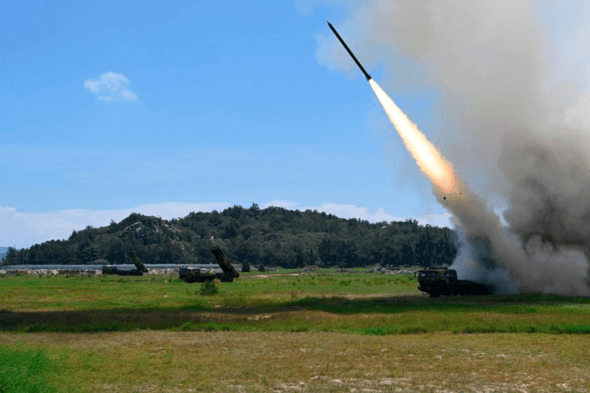
Tensions around Taiwan, which have ramped up since the recent visit of U.S. House of Representatives Speaker Nancy Pelosi, have made it nearly impossible in recent days for businesses to obtain insurance to cover the possibility of losses arising from conflict there.
Insurers are shying away from writing new policies to cover Taiwan-related political risk on the self-ruled island, which was encircled by Chinese forces last week in a live-fire military exercise.
The number of ships navigating around the island on Friday was far lower than usual, down to a handful of vessels from an average of 240 a day over the past week, according to data from Lloyd’s List Intelligence.
In this past week with these events, things have really clamped down. Unfortunately, unless somebody already procured insurance, they’re not going to be able to get it at least until things calm down somewhat.
Political risk insurance, a relatively esoteric product that covers hazards other insurance won’t touch, pays out when certain headline-grabbing scenarios unfold: a facility is damaged by a missile, or a blockade prevents products from being shipped. Policies can run for years and can’t be cancelled by the insurers.
Russia’s invasion in February of neighbouring Ukraine helped drive demand among companies with operations in Taiwan, which also has had a difficult relationship with its larger neighbour.
Taiwan traditionally has been seen as a safe place to do business and, until recently, at low risk of political violence and other similar issues. But interest in political risk insurance has grown in recent months amid rising cross-strait tensions, and this week, with Chinese forces launching missiles from waters near the island, insurance has become very hard to find.
Very modest amounts of coverage—for example, $20 million—can still be obtained at a cost, but larger policies which until recently had been easy to obtain for Taiwan aren’t available.
Many underwriters are reluctant to take on new Taiwan-related business.
Recent events have been a clear lesson to businesses about geopolitical volatility. More businesses have realized that they need to model their exposures and consider more risk management and mitigation options. Not every business has realized this in time.
There’s a huge contingent of the community which is sitting in a very favourable position where they can tell their boards of directors and C-suites that they’ve had the foresight to insure. Unfortunately, that’s not everybody.
For further information Contact Us.

